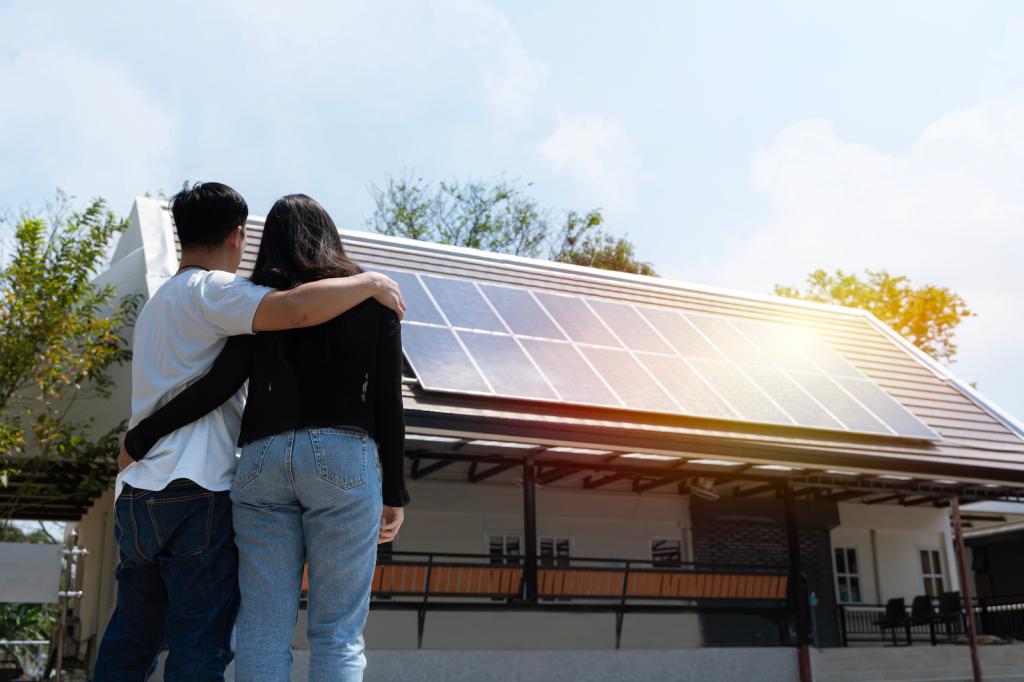As temperatures across New England soared above 100 degrees Fahrenheit in recent weeks, solar panels and batteries helped keep air conditioners running while reducing fossil-fuel generation and likely saving consumers more than $20 million.
“Local solar, energy efficiency, and other clean energy resources helped make the power grid more reliable and more affordable for consumers,” said Jamie Dickerson, senior director of clean energy and climate programs at the Acadia Center, a regional nonprofit that analyzed clean energy’s financial benefits during the recent heat wave.
On June 24, as temperatures in the Northeast hit their highest levels so far this year, demand on the New England grid approached maximum capacity, climbing even higher than forecast. Then, unexpected outages at power plants reduced available generation by more than 1 gigawatt. As pressure increased, grid operator ISO New England made sure the power kept flowing by reducing exports to other regions, arranging for imports from neighboring... Read more










